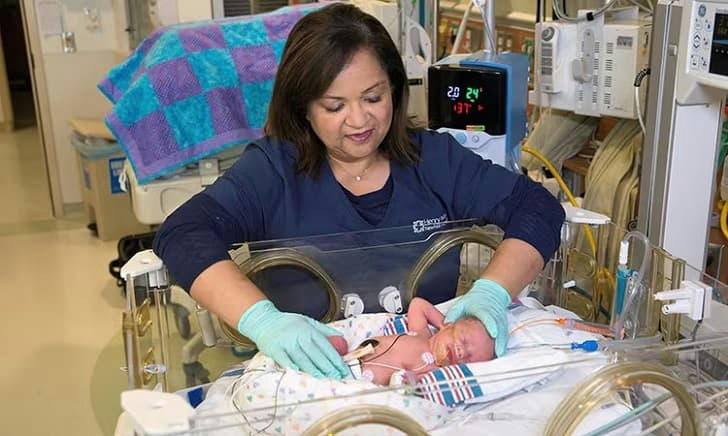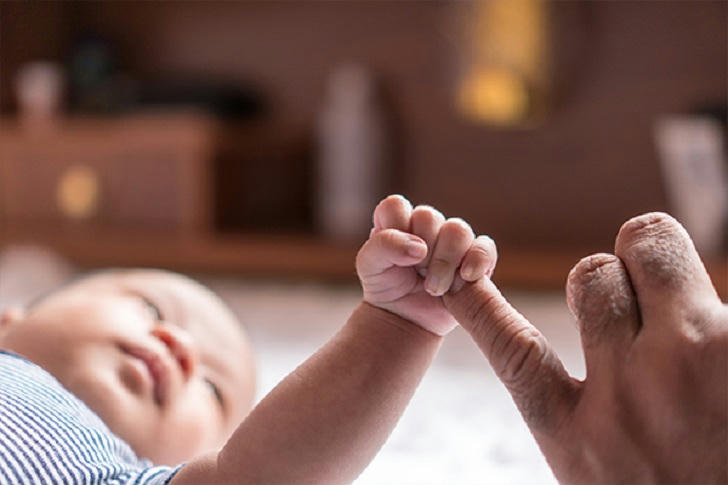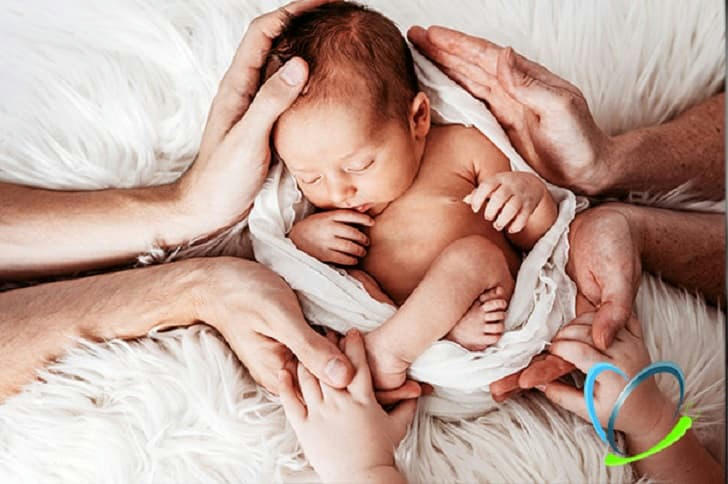Neonatal Care and Early Development Course
The Neonatal Care and Early Development Course is designed to provide caregivers, healthcare professionals, and parents with essential knowledge and practical skills for caring for newborns and supporting their early development. The course covers the fundamentals of neonatal care, including feeding, hygiene, sleep safety, and monitoring early developmental milestones. Here's an overview of what the course includes:

1. Introduction to Neonatal Care
Neonates are particularly vulnerable during the first few weeks of life, so understanding their basic needs is essential. The course begins by teaching caregivers about temperature regulation, as newborns have difficulty maintaining body heat. Skin-to-skin contact with the mother is encouraged to help regulate the baby's temperature and promote bonding.
Another key area is monitoring breathing and circulation. Newborns, especially premature infants, may face respiratory challenges, so learning how to assess a baby's breathing and identify signs of distress is essential. The course also covers the basics of providing immediate care if a baby needs respiratory support, such as oxygen or assistance in the NICU.
2. Feeding and Nutrition
Proper nutrition is vital in the early stages of life. The course covers two primary feeding methods: breastfeeding and formula feeding.
Breastfeeding is recommended for its nutritional benefits. The course teaches caregivers the importance of proper latching techniques and positioning to ensure both comfort and effective feeding. Participants also learn how to overcome common breastfeeding challenges like sore nipples and engorgement.
For families choosing formula feeding, the course explains how to prepare formula safely, clean bottles properly, and recognize hunger cues from the baby. Caregivers are taught to ensure the baby gets enough nourishment, whether breastfed or formula-fed.
3. Diapering and Hygiene
Proper diapering and hygiene are essential to keeping newborns comfortable and healthy. The course teaches how to change diapers regularly-typically every 2 to 3 hours-and how to avoid diaper rashes by keeping the baby's skin clean and dry.
Diaper rash prevention is another important focus, and caregivers learn to use gentle wipes, water, and diaper creams when necessary. The course also includes guidance on umbilical cord care, emphasizing the need to keep the area clean and dry until it falls off, usually within a few weeks.
4. Sleep Safety and Patterns
Newborns typically sleep 16-18 hours a day, but often in short stretches. The course covers safe sleep practices, which include placing the baby on their back to sleep and using a firm mattress. Caregivers are taught to avoid soft bedding, pillows, or stuffed animals, which can increase the risk of suffocation or Sudden Infant Death Syndrome (SIDS).
The course also touches on sleep routines, encouraging caregivers to create a calm and consistent environment for naps and nighttime sleep. Babies usually begin to develop more predictable sleep patterns around 2-3 months, and establishing a bedtime routine can help.
5. Early Development and Milestones

Understanding early developmental milestones is a key component of neonatal care. In the first few months, babies reach important physical milestones, such as lifting their head, tracking objects with their eyes, and eventually rolling over. The course teaches caregivers how to encourage these milestones through activities like tummy time, which strengthens neck and shoulder muscles.
Additionally, caregivers learn about social and emotional development, including how babies begin to recognize familiar voices, respond with facial expressions, and communicate through crying and cooing. These early interactions lay the foundation for emotional attachment and bonding with caregivers.
6. Practical Skills and Hands-On Training
The course includes practical sessions where caregivers can practice essential skills. Participants learn to diaper, feed, and comfort a newborn, as well as how to assess the baby's health and development. Hands-on training builds confidence in caregivers, helping them manage real-life situations like calming a crying baby, checking for signs of illness, and recognizing developmental delays.
The course also includes basic infant first aid and CPR training. This is crucial for caregivers to know, as emergencies can arise unexpectedly. Participants learn how to handle situations like choking or respiratory distress until medical help arrives.

7. Conclusion
The Neonatal Care and Early Development Course equips caregivers with the practical skills and knowledge they need to care for newborns during their first few months of life. such as feeding, hygiene, sleep safety, and early developmental milestones-caregivers can ensure that babies grow in a healthy and supportive environment.
The course provides both theory and hands-on training, ensuring that participants feel confident in their ability to care for infants and support their development. By the end of the course, caregivers are well-prepared to provide essential care for newborns and respond to any challenges that may arise during these crucial early months.
